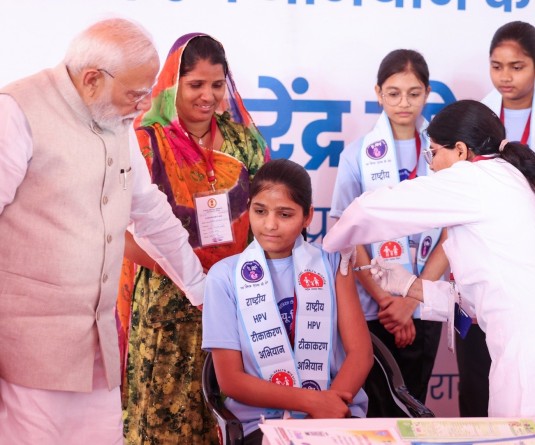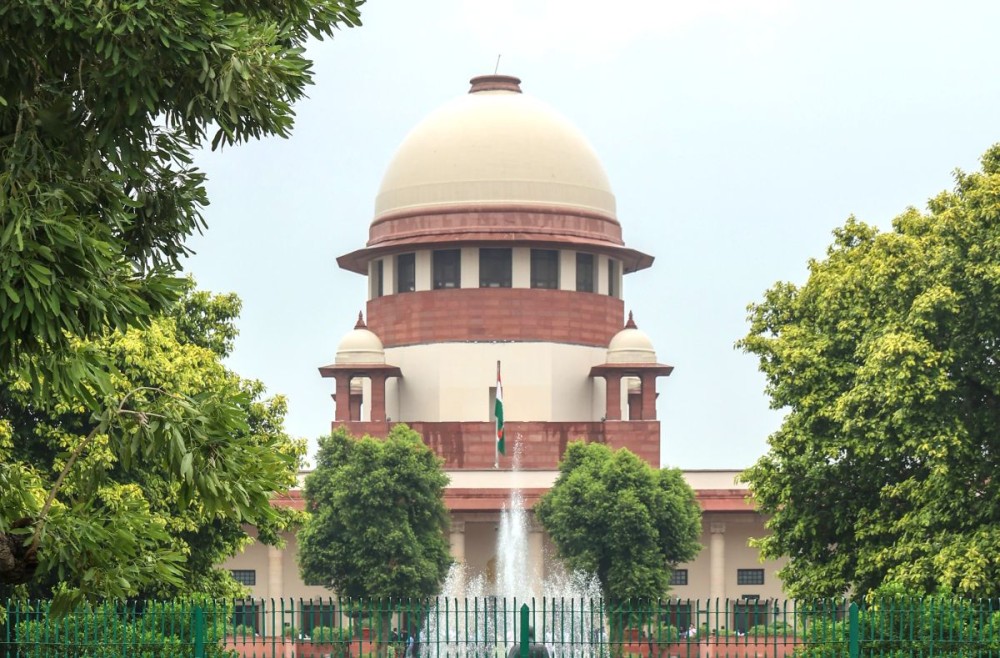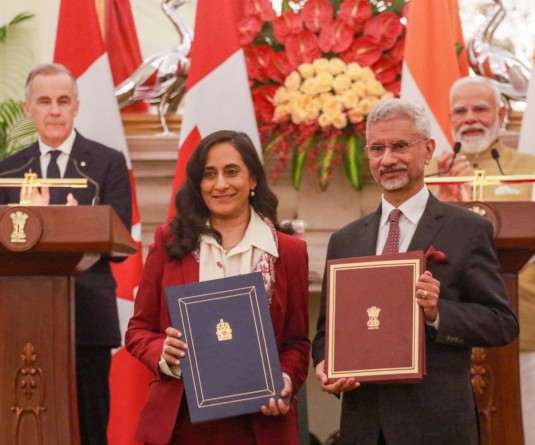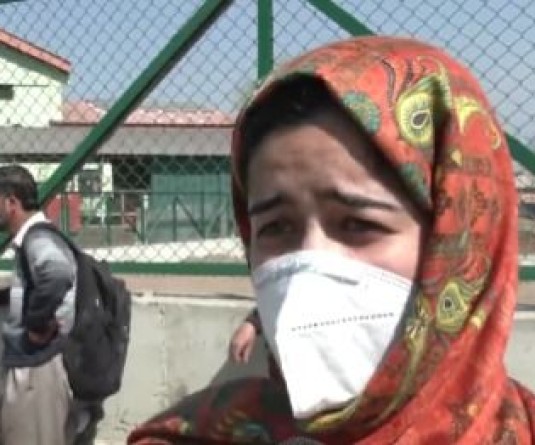
MUMBAI, May 7 (TNN): The battle between the Indian medical fraternity and the world's reputed medical journal, The Lancet, continues unabated.
It began in August 2010 when the Lancet named the latest superbug after New Delhi. The western inference that the superbug had emerged from India was vehemently opposed. Matters worsened last month when the journal published a report showing that many water sources in India's capital contained the New Delhi metallo-beta-lactamase bacteria (NDM-1). Counter-claims flew fast and furiously.
Now, a series of letters published in the Lancet reveal more of the Indian medical fraternity's unhappiness with the journal. The latest round is a reaction to the exhaustive series that the Lancet commissioned and published in February 2011 on the state of Indian healthcare. ``The Lancet missed out on presenting the entire picture of the Indian healthcare system,'' said a Mumbai-based doctor. The urban-rural distinction in India, for instance, has not been studied at all.
Dr Himmatrao Saluba Bawaskar, a senior doctor who out of choice practises in Maharashtra's rural areas, feels that Lancet has neglected India's neglected diseases such as snake-bites, fluorosis and pesticide poisoning.
In a letter that published in Lancet's May 7 issue, Dr Bawaskar says, ``In The Lancet's series on India, 70% of the 117 pages were contributed by well-known authors from big cities and tertiary-care hospitals in India (half from Delhi), and the remaining 30% were from abroad.'' This bias resulted in the series not covering the most pressing health needs in rural areas where 65% of the population lives.
``Accidental envenoming by snakes and scorpions, fluorosis, hypothyroidism, and organo phosphate poisoning represent a large proportion of the disease burden in rural states such as Maharashtra, Andhra Pradesh, Tamil Nadu, and Puducherry,'' says his letter. Snakebites claim over 50,000 lives in India.
Dr Bawaskar has, incidentally, published many articles in journals such as the Lancet and the British Medical Journal on the deficits in first-aid after bites of snakes and scorpions. Not only are there no antivenom medications in many of the rural health posts, most victims fail to reach hospitals with ventilators that they desperately need.
``Fluorosis is a chronic disabling disease caused by drinking of heavily fluoride-contaminated water. This problem has risen to an alarming level in India, affecting at least 18 states,'' according to Dr Bawaskar's letter. He points out that the burden of thyroid disease in India in the post-iodisation phase is about 42 million.
He ends with a punch-line: ``Mahatma Gandhi advised that one could only solve villagers' problem by residing in these villages and not by planning from big cities with airconditioned offices. Reading the series on Indian health, we felt that Gandhi's words had gone unheeded.'
It began in August 2010 when the Lancet named the latest superbug after New Delhi. The western inference that the superbug had emerged from India was vehemently opposed. Matters worsened last month when the journal published a report showing that many water sources in India's capital contained the New Delhi metallo-beta-lactamase bacteria (NDM-1). Counter-claims flew fast and furiously.
Now, a series of letters published in the Lancet reveal more of the Indian medical fraternity's unhappiness with the journal. The latest round is a reaction to the exhaustive series that the Lancet commissioned and published in February 2011 on the state of Indian healthcare. ``The Lancet missed out on presenting the entire picture of the Indian healthcare system,'' said a Mumbai-based doctor. The urban-rural distinction in India, for instance, has not been studied at all.
Dr Himmatrao Saluba Bawaskar, a senior doctor who out of choice practises in Maharashtra's rural areas, feels that Lancet has neglected India's neglected diseases such as snake-bites, fluorosis and pesticide poisoning.
In a letter that published in Lancet's May 7 issue, Dr Bawaskar says, ``In The Lancet's series on India, 70% of the 117 pages were contributed by well-known authors from big cities and tertiary-care hospitals in India (half from Delhi), and the remaining 30% were from abroad.'' This bias resulted in the series not covering the most pressing health needs in rural areas where 65% of the population lives.
``Accidental envenoming by snakes and scorpions, fluorosis, hypothyroidism, and organo phosphate poisoning represent a large proportion of the disease burden in rural states such as Maharashtra, Andhra Pradesh, Tamil Nadu, and Puducherry,'' says his letter. Snakebites claim over 50,000 lives in India.
Dr Bawaskar has, incidentally, published many articles in journals such as the Lancet and the British Medical Journal on the deficits in first-aid after bites of snakes and scorpions. Not only are there no antivenom medications in many of the rural health posts, most victims fail to reach hospitals with ventilators that they desperately need.
``Fluorosis is a chronic disabling disease caused by drinking of heavily fluoride-contaminated water. This problem has risen to an alarming level in India, affecting at least 18 states,'' according to Dr Bawaskar's letter. He points out that the burden of thyroid disease in India in the post-iodisation phase is about 42 million.
He ends with a punch-line: ``Mahatma Gandhi advised that one could only solve villagers' problem by residing in these villages and not by planning from big cities with airconditioned offices. Reading the series on Indian health, we felt that Gandhi's words had gone unheeded.'






